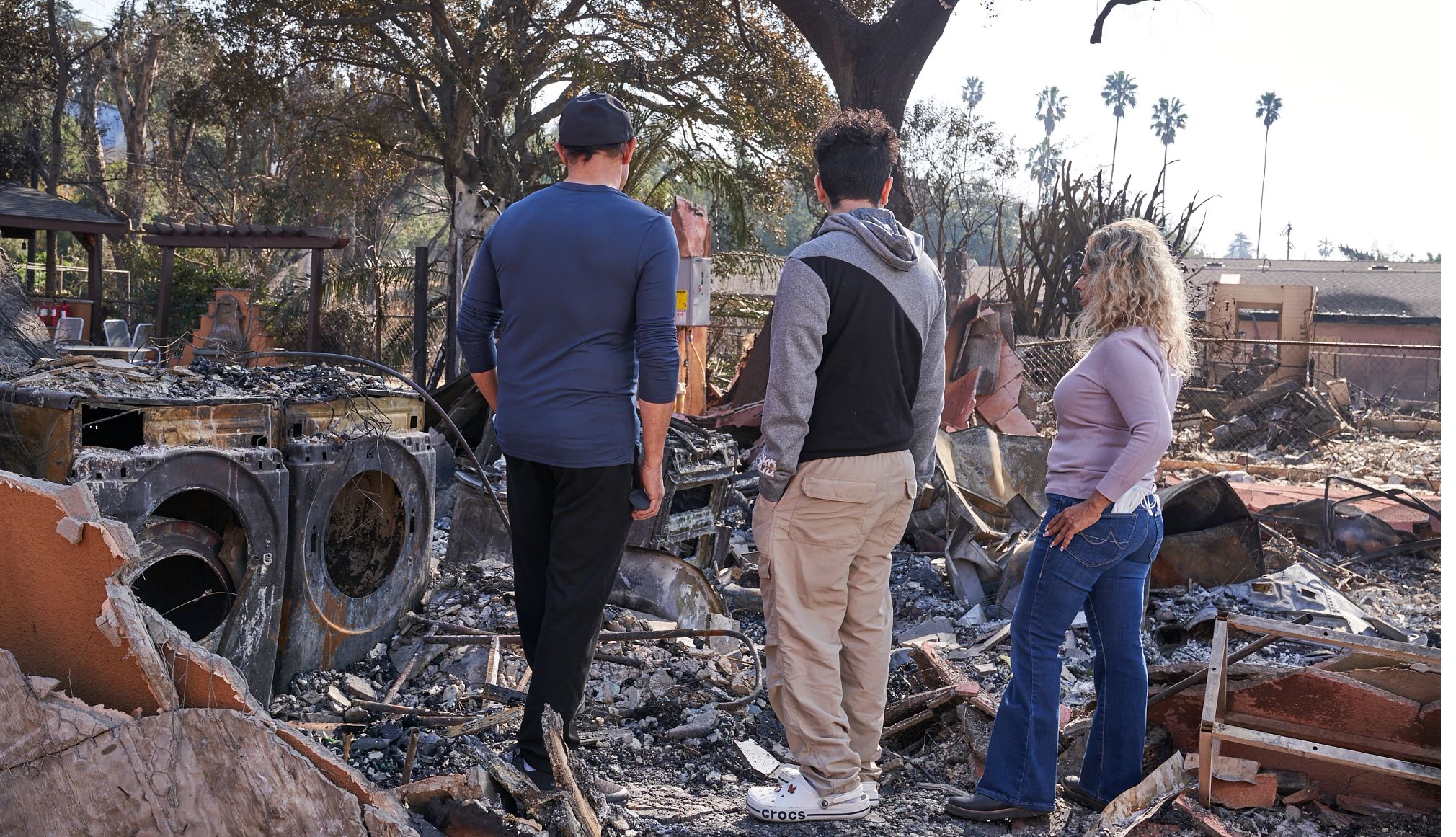
8 ways to regain your financial footing after a natural disaster
- Select a language for the TTS:
- UK English Female
- UK English Male
- US English Female
- US English Male
- Australian Female
- Australian Male
- Language selected: (auto detect) - EN
Play all audios:

Property taxes are another potential source of financial relief, one people often overlook, Freedman says. “After a disaster, your real estate is worth a heck of a lot less money,” he says.
“We advise clients to contact the county assessor and have them immediately start working on an assessment of the property, because it can take years for the house to be rebuilt in some
cases and one can pay a lot less in real estate taxes over the course of that time.” 7. MAXIMIZE YOUR INSURANCE PAYOUT If your home is a total loss, your insurer most likely will pay out
your policy maximum. But if the damage is partial, “that’s where it gets super-complicated,” with insurance adjusters making judgment calls about things like the cost to rectify smoke damage
or the depreciated value of personal items, says Pam Krueger, founder and CEO of Wealthramp, an online network that matches consumers with fee-only financial advisers. If you find yourself
at odds with your insurance company’s adjuster, Krueger says, you might benefit from hiring a public insurance adjuster who can negotiate on your behalf to get the highest legally possible
amount on your claim in exchange for a percentage of the payout (generally around 5 percent to 20 percent, but rates can vary widely). When Freedman’s California home was damaged by wildfire
in 2010, he hired a public adjuster, who consulted professional appraisers and detailed databases to calculate the value of clothing, handbags and other damaged items. “We were able to
recover a lot more than I would have been able to prove,” he says. The National Association of Public Insurance Adjusters has an online directory you can use to find adjusters in your state.
Ask about their experience and get references, Krueger advises. Some states cap the amount public adjusters can charge at 10 percent or 15 percent of your payout but be aware that many
states have no caps. 8. REVIEW YOUR ASSET ALLOCATION In the aftermath of a disaster, reviewing your portfolio isn’t going to be a high priority. But once you’ve repaired your home and
replaced what you’ve lost, your thoughts may turn to the damage to your nest egg. If you’ve had to sell stocks or tap retirement savings to cover your losses, a financial planner can help
you strategize for long-term financial recovery. You may feel an urge to play catch-up, quickly, by moving into investments that promise to juice returns but carry higher risk. Resist it,
says Alonso Rodríguez Segarra, founder of Advise Financial in Boca Raton, Florida. “When your personal risks are higher, your portfolio risks should be lower,” Rodríguez Segarra says. He
recommends reducing the concentration of individual stocks in your portfolio in favor of diversified, low-commission index funds and selling off volatile assets like cryptocurrency. Having
to dip into a brokerage account for disaster funds can yield silver linings at tax time, he adds, if you are strategic about what you sell. For example, look to sell assets you’ve held for
more than a year — long-term capital gains are taxed at a lower rate than short-term gains — and take the opportunity to get rid of underperforming stocks at a tax-deductible loss. If you
get an extension to pay your taxes, don’t just let the money sit in a checking account while you wait to pay Uncle Sam — put it to work for you. “Today, you can put money in a bank money
market account and earn between 4.25 and 4.75 percent,” Freedman says.
